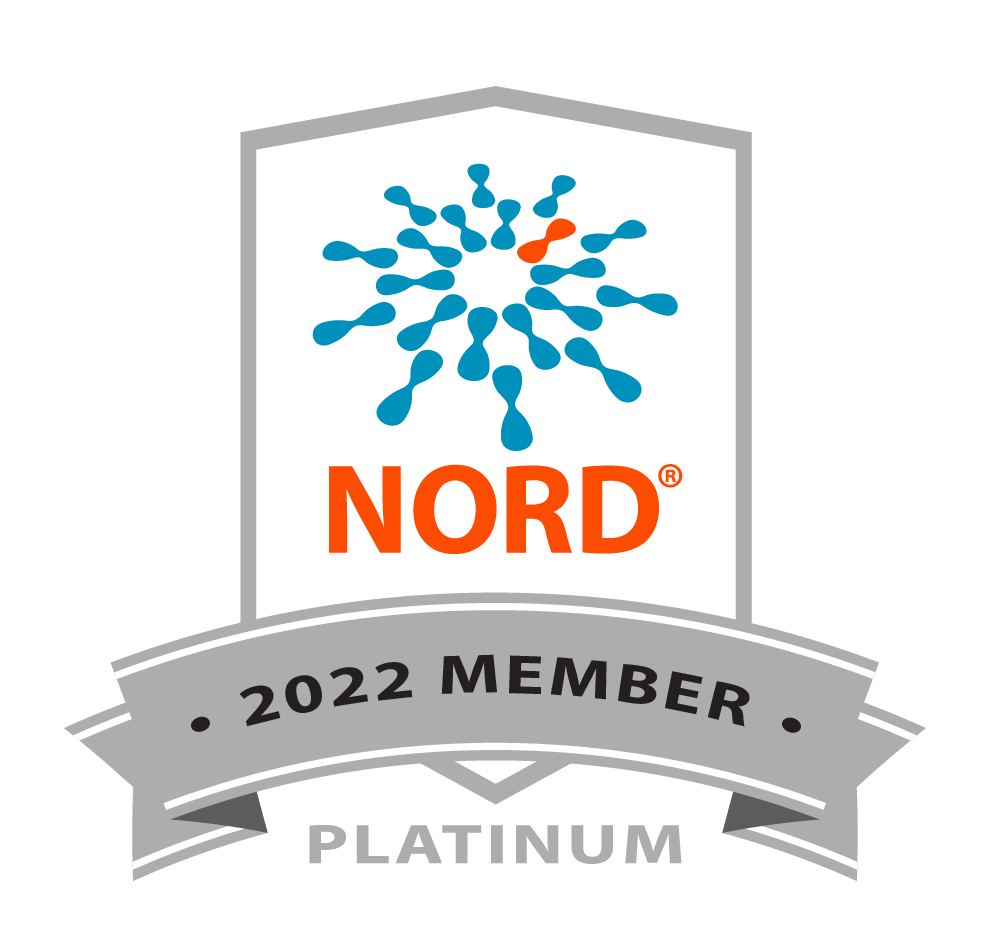Shortness of Breath May Be a Sign of Alpha-1 Antitrypsin Deficiency
Learn More About Alpha-1: here
FB Ad: https://www.alpha1.org/Alpha1/wp-content/uploads/2021/01/FB-Ad.png
If you’re experiencing a frequent shortness of breath, you might have a rare genetic condition called Alpha-1 Antitrypsin Deficiency.
Alpha-1 Antitrypsin Deficiency (Alpha-1) is a genetic condition passed from parents to their children through their genes. People with Alpha-1 lung disease have two abnormal genes (one from each parent). The most common abnormal genes are called Z and S genes.
In most people, the alpha-1 protein neutralizes an enzyme in the lung, called neutrophil elastase, that destroys invading germs and digests damaged or aging cells after a short time. In Alphas, there isn’t enough alpha-1 protein in the lungs; the enzyme then keeps on working, attacking and destroying normal lung tissue. As this damage continues over years, lung disease such as COPD can develop.
Alpha-1 is often first diagnosed as asthma or smoking-related Chronic Obstructive Pulmonary Disease (COPD). COPD includes emphysema and chronic bronchitis. Alpha-1 is the most common genetic risk factor for COPD. About 3 percent of all people diagnosed with COPD may have undetected Alpha-1.
The most common signs of lung disease in people with Alpha-1:
- Shortness of breath
- Wheezing
- Chronic cough and sputum (phlegm) production (chronic bronchitis)
- Recurring chest colds or pneumonia
- Low tolerance for exercise
- Year-round allergies
- Bronchiectasis
Read More About Lung Disease Symptoms: here
Alpha-1 Introduction Video
Watch Video here











